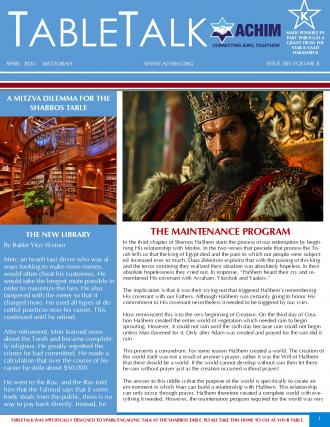Washington - Britain’s stunning vote to leave the European Union, buoyed by a frenzy of nationalism and populist anger, was a crushing rejection of the political elite. Republican Donald Trump hopes it is also a preview of November’s U.S. presidential election.
The referendum result reverberated immediately in a U.S. presidential campaign dominated by Trump’s rapid rise to capture the nomination, fueled by a similar brew of anti-establishment and anti-globalization sentiment.
The vote in Britain reinforced the notion that the insurgent campaign launched by the wealthy real estate developer had tapped into a global political movement that might be hard to stop.
“This is a protest vote against globalization and there is one presidential candidate who won the nomination who has put globalization in his crosshairs - and that’s Donald Trump,” Republican strategist John Feehery said.
Trump, who has spent much of his campaign warning of the dangers posed by immigrants who illegally enter from Mexico and proposing a temporary ban on U.S. entry for Muslims, has matched the global mood with his rhetoric.
“There are swaths of the population around the world who are struggling economically in the current economy, and groping for targets of blame,” said Katherine Cramer, a political scientist at the University of Wisconsin-Madison.
“Trump and the Brexit vote offer up tangible targets, and it is not surprising that people grab onto them. The vote yesterday is a reminder that Trump could very well win the presidential election,” she said.
A Brexit supporter, Trump was happy to note the parallels to his own campaign when he reopened his golf course in Turnberry, Scotland, on Friday. Presumptive Democratic nominee Hillary Clinton bemoaned the result.
The referendum, which most British opinion polls had predicted was headed to defeat, was a wake-up call for Democrats who have been heartened by Clinton’s lead over Trump in opinion polls of late.
“I woke up this morning a little dismayed,” said Democratic strategist Dane Strother. “The question is whether Trump is similarly underperforming in the polls here. If that under-polled anger was present in Britain, as a Democrat you have to hope it isn’t mirrored here.”
Global stock markets wobbled immediately after the vote, which experts warned could trigger a global recession and weaken the U.S. economy.
CAUTIONARY TALE
British Prime Minister David Cameron, who said after the vote he could step down by October, presents a cautionary lesson for Clinton as she prepares to face Trump. British voters ignored repeated warnings from Cameron about the dire consequences of a departure from the European Union.
Clinton can take advantage of the unsettled global mood without indulging in predictions of doom or the over-the-top rhetoric that sometimes has set back Trump, Republican strategist Rich Galen said.
“She can reflect some of the same sentiment that Trump and the Brexit forces tapped into but use it to her advantage,” Galen said. “She is not going to, and doesn’t want to, out-Trump Trump, but the idea is to say, ‘I understand these concerns.’”
Clinton adviser Jake Sullivan told reporters after the vote that she has “a real confidence that Americans are generous, tolerant, big-hearted people” who believe that the country is stronger together.
“They’re going to watch what impact (the Brexit vote) ends up having on the U.K. and on the British economy and come November, they are going to make their own decision about the kind of leadership that they’re looking for,” he said.
Differences between the electorates in the United Kingdom and the United States are one reason the Brexit sentiment may not translate fully into success for Trump.
About 30 million votes were cast in the last British general election in 2015, with about 10 percent of those cast by minority voters. Polling in the UK ahead of the Brexit vote suggested broad support for staying in the EU among those voters.
By contrast, according to the Pew Research Center, nonwhite voters constituted 26 percent of all voters in the 2012 U.S. general election — and by a huge margin they backed Democratic President Barack Obama. Pew projects that by November, nearly one in three voters will be a minority, and opinion polls show Trump struggling with those blocs.
Just being more mature, experienced and sympathetic than Trump may not be enough for Clinton.
“The argument is you need a responsible grownup, but a large part of the world doesn’t want a responsible grownup,” said Tom Rath, a New Hampshire-based Republican strategist. “I don’t think it’s enough to say I know all the stuff he doesn’t or he’s rash, because right now people aren’t filtering that through.”











